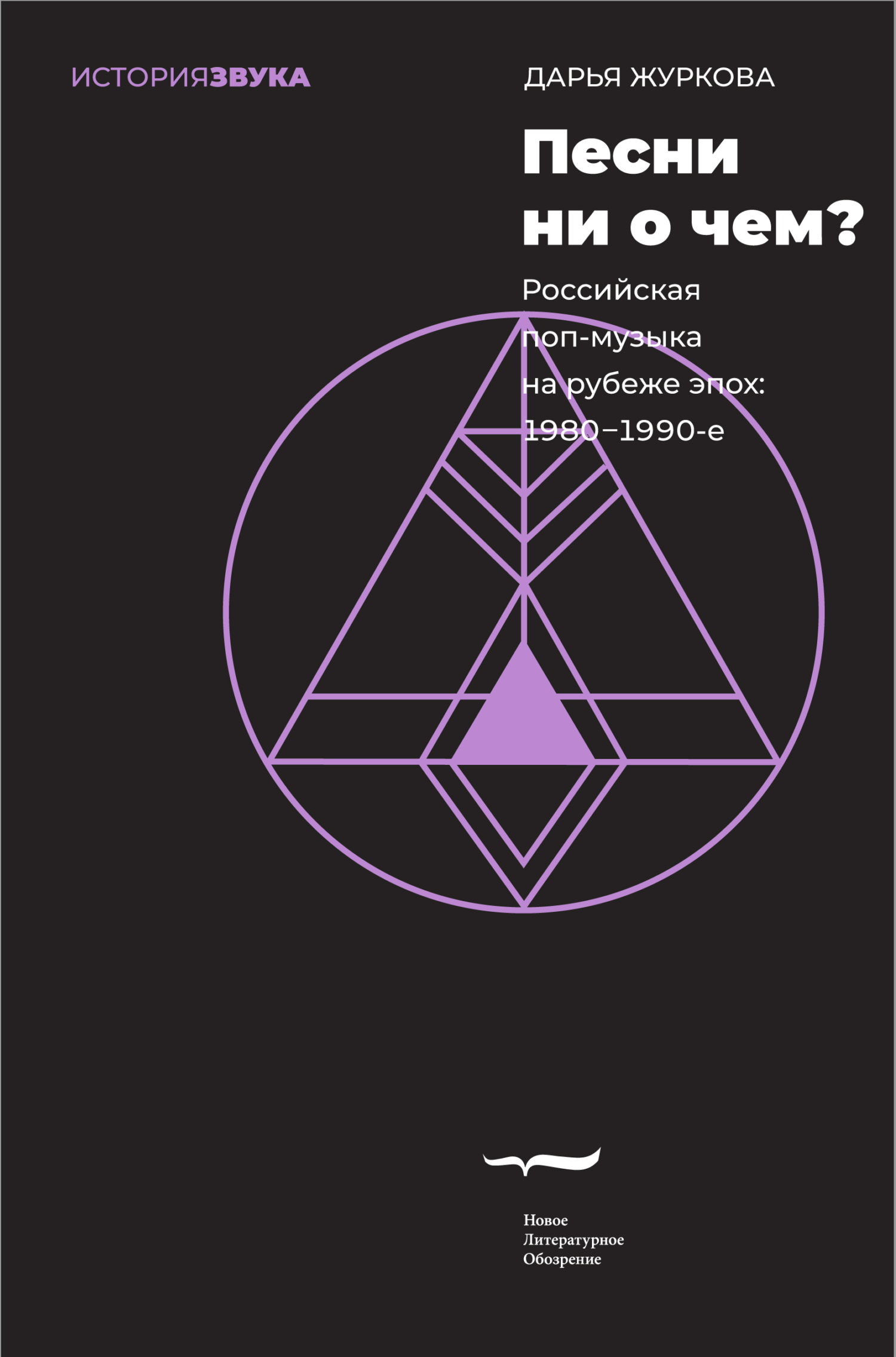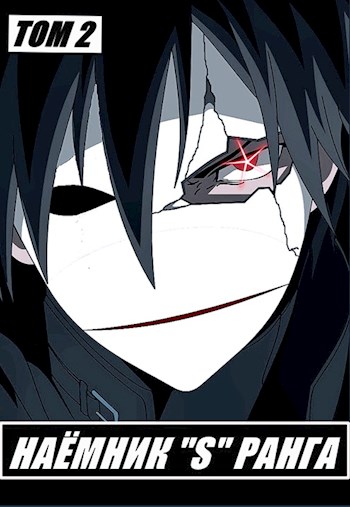Шрифт:
-
+
Закладка:
Сделать
Перейти на страницу:
После Второй мировой войны конституция Японии запретила стране вести войну или создавать армию. Однако с началом холодной войны в 1950-х годах Японию призвали создать Силы самообороны, чтобы укрепить оборону Запада против волны азиатского коммунизма. Хотя их роль должна ограничиваться защитой государства, японские вооруженные силы оснащены передовыми технологиями вооружения и имеют третий по величине военный бюджет в мире. Как первый ученый, которому разрешили участвовать в базовой подготовке SDF, Сабина Фрюштюк предлагает взглянуть на эту необычную армию.
Перейти на страницу:
Еще книги автора «Сабина Фрюштюк»:





